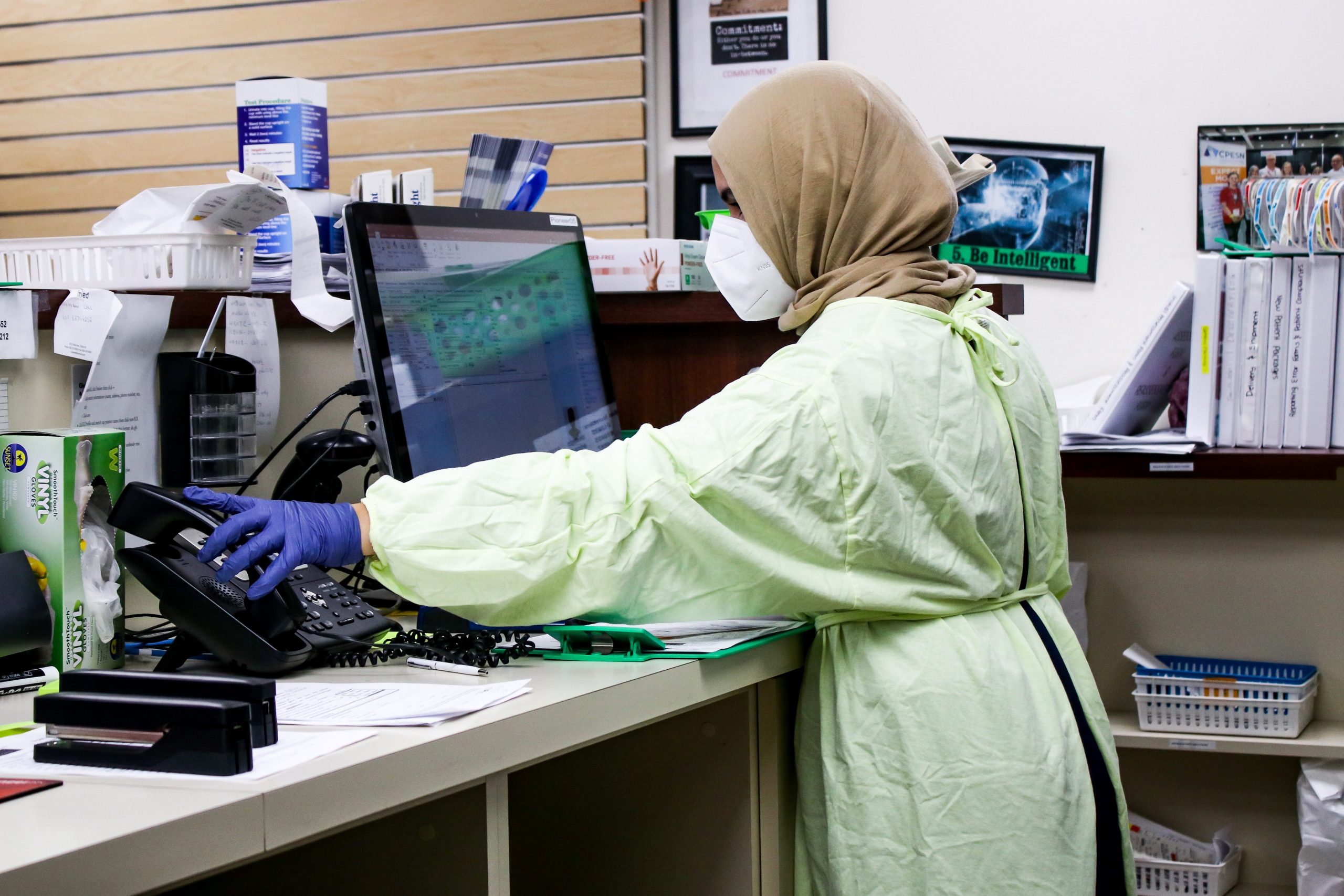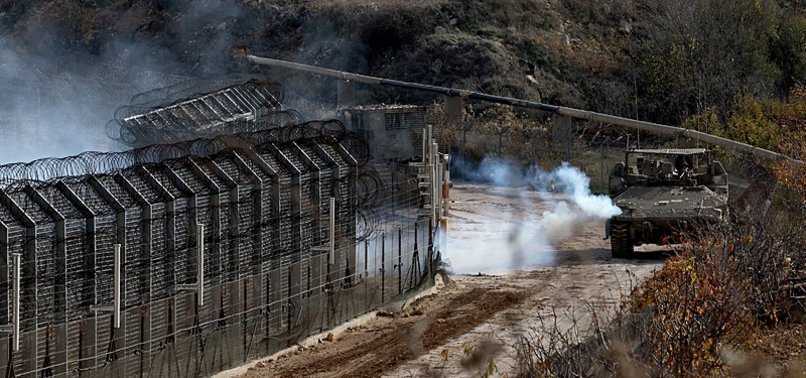Several Middle Eastern countries have seen a significant rise in the number of Covid-19 cases, sparking concerns from health organisations.
A significant surge in the number of reported Covid-19 cases in the MENA region has emerged as a cause of concern and could have “dire consequences,” the World Health Organisation warned on Wednesday.
In recent weeks, the virus, aggravated by the spread of the new Delta variant as well as a low vaccine availability, has been rapidly spreading in Libya, Iran, Iraq, and Tunisia, the organisation said.
The sudden spike came shortly after the region saw an eight-week decline in deaths and reported cases, described as the ‘calm before the storm.’
Lack of adherence to public health and social measures is also to blame for the rise in cases, in addition to increasing complacency by the public, WHO added.
On a global level, people are showing clear signs of “pandemic fatigue,” experts say, which is the exhaustion that comes with spending a long period of time putting extra effort and energy to maintain a “precautionary” lifestyle.
This is contributing to a huge decline in the use of personal safety precautions, which may contribute to the increase of daily Covid-19 cases around the world.
A study by The Journal of the American Medical Association found that in April 2020, 80% of people across the United States stayed at home except for essential reasons. However, by November, only 40% did so.
Qatar sends urgent Covid-19 aid to Tunisia as health system ‘collapses’
Meanwhile, social and religious gatherings during Eid al-Adha next month may also worsen the spread of the virus in several countries, causing a major concern for the health stability of the region.
“WHO is concerned that the current Covid-19 upsurge may continue to peak in the coming weeks, with catastrophic consequences,” the agency’s regional office said in a statement.
WHO highlighted that Tunisia currently has the highest coronavirus mortality rate per capita in the region and in Africa, and it is still on the rise.
In the past few weeks alone, hospitals across the North African country have recorded a major flood of patients with Covid-19 symptoms. So far, more than 518,609 cases have been recorded as well as more than 16,845 deaths.
The country has also been recording over nine thousand new cases per day, bumping the number of current active cases to 88,609— the highest in Tunisia since the start of the pandemic.
Cases in Iran have also doubled over the last four weeks up until early July, recording over 3,440,400 cases since the start of the pandemic.
Across the Eastern Mediterranean region, including Middle Eastern states, Pakistan, Afghanistan, Somalia as well as Djibouti, the number of reported Covid-19 cases has surpassed 11.4 million, the statement said.
More than 223,000 deaths had been reported, it added.
Qatar’s drop in Covid-19 numbers
However, despite concerns for the region, authorities here in Qatar have seemed to control the spread of the virus, with restrictions slowly being eased in an effort to return to normality.
In recent months, Qatar has seen a huge dip in Covid-19 numbers since the implementation of new restrictions in late April. In the last few weeks, the country has been reporting less than 200 daily cases— a significant decrease since the peak of the second wave in April.
The recent drop in numbers can be attributed to the availability of more vaccines as well as the opening of more vaccination centres, which allowed the country to exponentially ramp up its national inoculation campaign.
The implementation of strict restrictions to curb the virus has also played an essential role in flattening the curve, which is expected to further decrease in the upcoming days.
In addition, Qatar is set to be among the first countries to achieve herd immunity against Covid-19 in a months time, Dr. Mohammed bin Hamad Al Thani, Director of Public Health at the Ministry of Public Health announced earlier this month.
Over half population fully vaccination
Over half of the population— aged 16 and above — have been fully vaccinated against Covid-19 in Qatar, with recent statistics from the ministry showing over 1.5 million people are now fully vaccinated.
According to the figures, 78.2% of those 16 and over have received at least the first dose.
Meanwhile, 98.6% of those aged 60 and above received the first dose with 93.5% of this age group now fully vaccinated.
Since the start of the country’s National Vaccination Campaign, 3,452,235 vaccine doses have been administered. The country has been expanding its vaccination campaign in recent months to ensure the community’s safety— administrating over 2,000 doses daily.
Follow Doha News on Twitter, Instagram, Facebook and Youtube







